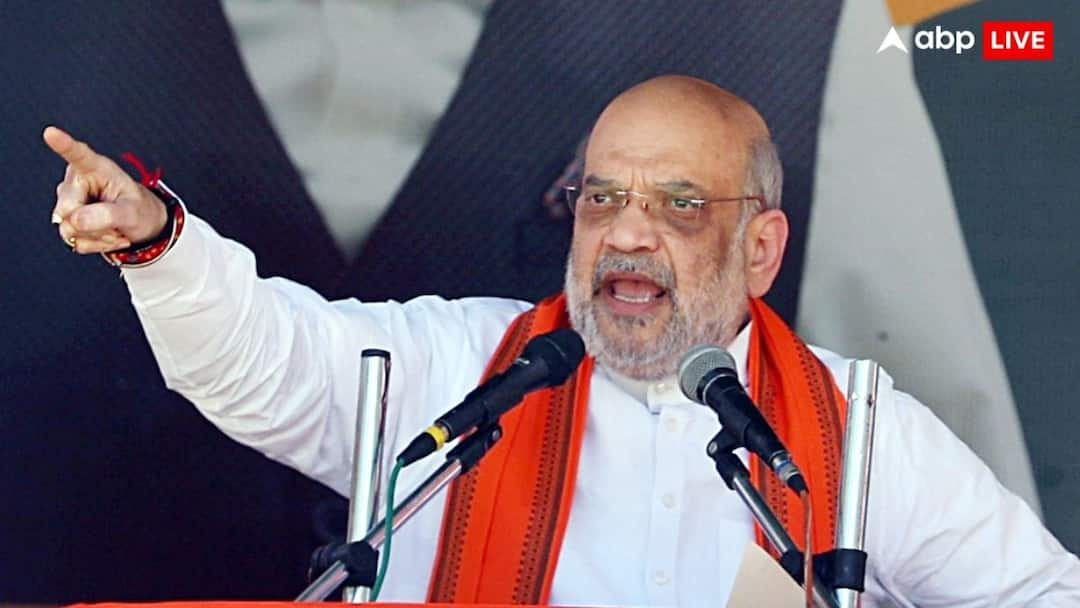In a notable departure for a party often accused in the south of prioritising Hindi over regional languages, the Union Home Ministry has issued an official communication in Malayalam. Union Home Minister Amit Shah responded to CPI(M) MP John Brittas in the language — a move widely viewed as the first such instance by a Home Minister.
Political Context In Kerala
The gesture comes as Kerala enters election mode and as the BJP seeks to expand its presence in the state, buoyed by its first-ever Lok Sabha victory there in the 2024 general election.
Brittas’s Push For Linguistic Parity
The choice of Malayalam is particularly significant given Brittas’s longstanding advocacy for linguistic equality in Parliament. He has repeatedly urged the House to provide translation devices for MPs unable to follow lengthy Hindi interventions, arguing that genuine legislative participation demands equal access across languages.
Shah’s Reply On OCI Notification
Shah’s response, dated 14 November, formally acknowledged Brittas’s detailed representation of 22 October regarding the notification that makes chargesheeting grounds for cancelling Overseas Citizen of India (OCI) registration. In his letter, Brittas contended that the measure undermines due process, violates natural justice and exposes OCI cardholders to arbitrary action without any judicial determination.
Concerns Over OCI Framework
Brittas emphasised that the OCI framework has long acted as a bridge between India and its diaspora, symbolising continuity, openness and emotional connection.
Significance Of Using Malayalam
While Shah’s reply remained procedural, the inclusion of a complete Malayalam version alongside Hindi stood out. It appeared to acknowledge the linguistic context in which Brittas had raised his concerns and arrived at a time when debates on linguistic federalism have intensified.
Unresolved Constitutional Questions
Brittas has maintained that the central constitutional objections remain unaddressed and that the 12 August notification exceeds the mandate of the Citizenship Act, 1955. Yet as the legal questions persist, the language of the response has added a new dimension to the political discourse in a state where identity and language are central to public life.


